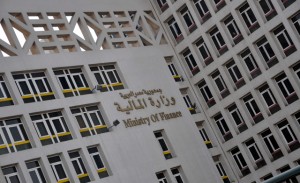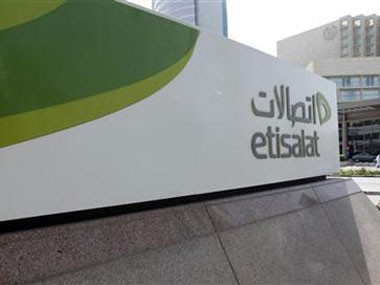
(DNE File Photo)
Recent amendments to the property tax code made by the Ministry of Finance are aimed at encouraging investments through small business incentives that lessen the tax burden on Egyptians, according to Anwar Farag, legal advisor to the real estate division at the ministry’s Egyptian Tax Authority (ETA).
The new amendments, which have been approved by the cabinet, expand the tax-exempt tranche to include industrial and commercial units along with the normal residential tranche, which according to Farag represents a first.
“Owners of shops who collect EGP 1,200 annual rent values will be exempted from taxes,” Farag said. “This means that if the monthly value that is received is less than or equates EGP 100 per month, the owner will not be asked to pay taxes for it.”
Discussing the changes made to the residential tax law, Farag said that if the collective rent value of residential properties does not exceed EGP 24,000 annually, the owners would also be exempted from paying taxes.
The evaluation of the value for both residential and non-residential properties will be conducted by specialised committees.
In an official statement, Minister of Finance Ahmed Galal announced that following the ceiling set by the ministry, beneficiaries of the expanded exemption would include those owning EGP 2m in residential properties and EGP 100,000 in commercial and industrial units.
“The previous law exempted the owner of EGP 500,000 residential homes, disregarding the collective value of the number of the homes owned by one person, and this did not achieve social justice,” the official statement read.
Galal stressed that the proposed amendments to the law were based on discussions with the concerned ministers and representatives of business organisations.
The statement added that 50% of the collected property taxes will be used to develop Egyptian slums and poor areas.
Farag said the value that is said to be exempted from the taxes in the residential segment is “significant” and added that the approval of these amendments is yet to be signed by interim present Adly Mansour.
“We are still waiting for presidential approval and as soon as we get one, we will be able to make clear assessments and announcements on the monetary values of the exempted properties,” Farag added.
In their latest report title “Cairo Real Estate Overview”, a real estate investment and advisory firm stated that the growth of Cairo real estate market is dependent on the economic recovery of the market.
Gleeds Construction Consultancy Egypt’s (GCCE) quarterly study showed that the demand for construction materials dropped during Ramadan, which came in the middle of the quarter, due to reduced working hours and reduced productivity along with the civil unrest.
Despite this, the report stated that “the price of construction materials has remained relatively constant through this quarter [referring to the period from the beginning of July through the end of September].”



